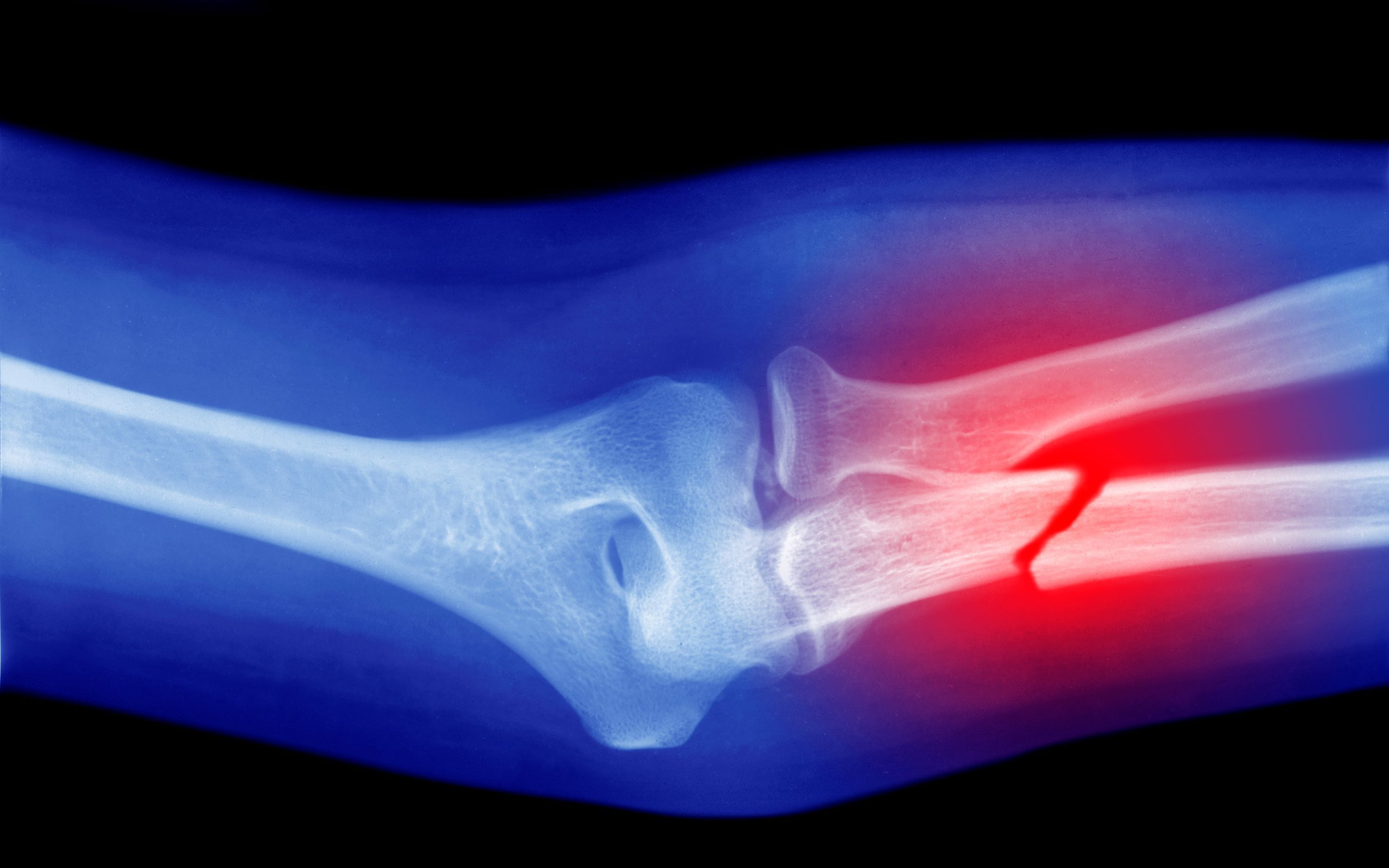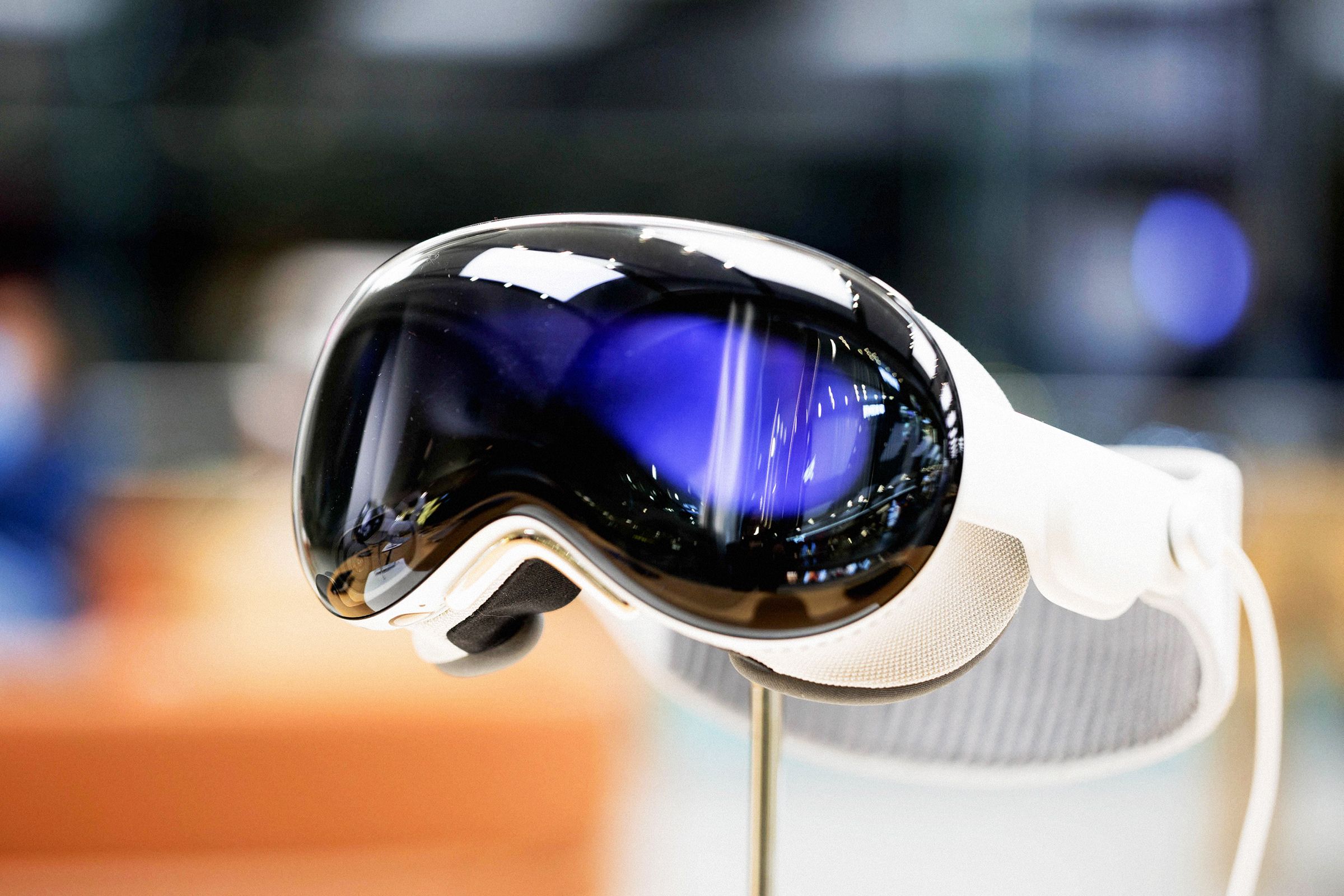Microplastics Could Be Weakening Your Bones, Research Suggests
Microplastics Could Be Weakening Your Bones, Research Suggests
A recent study published in the Journal of Environmental Science and Technology has suggested that microplastics, tiny…

Microplastics Could Be Weakening Your Bones, Research Suggests
A recent study published in the Journal of Environmental Science and Technology has suggested that microplastics, tiny pieces of plastic often found in the environment, could be contributing to the weakening of bones in humans.
The study, which was conducted by a team of researchers from several universities, found that exposure to high levels of microplastics was linked to lower bone density and decreased bone strength in laboratory mice.
This research adds to a growing body of evidence that suggests microplastics may have harmful effects on human health, beyond their well-documented impacts on marine life and the environment.
Scientists believe that microplastics may interfere with the body’s ability to absorb important minerals like calcium, which are essential for maintaining strong bones.
Furthermore, the small size of microplastics allows them to easily enter the bloodstream and reach bone tissue, where they can exert their detrimental effects.
It is still unclear how much of a risk microplastics pose to human health, but this study highlights the need for further research into the potential health impacts of these ubiquitous pollutants.
In the meantime, experts recommend reducing plastic consumption and properly disposing of plastic waste to help mitigate the spread of microplastics in the environment.
Individuals can also take steps to minimize their exposure to microplastics by avoiding products that contain microbeads and opting for natural, biodegradable alternatives whenever possible.
As research on the health impacts of microplastics continues to evolve, it is important for policymakers and the public to stay informed and take proactive measures to protect both human health and the environment.






